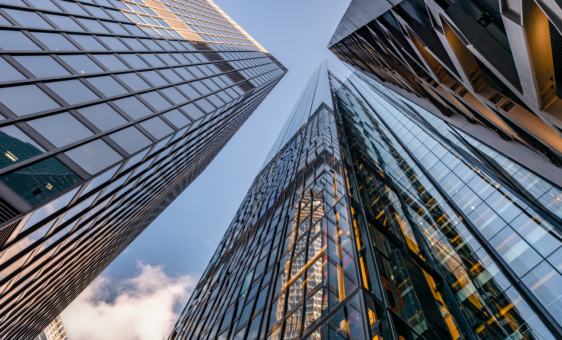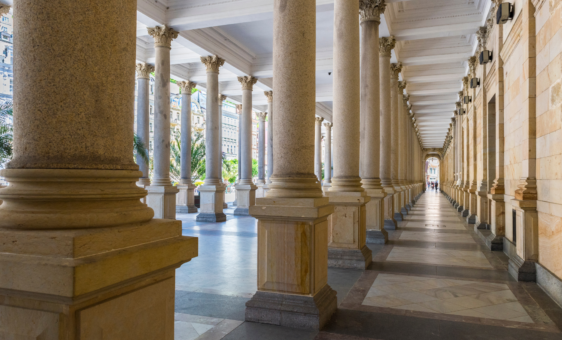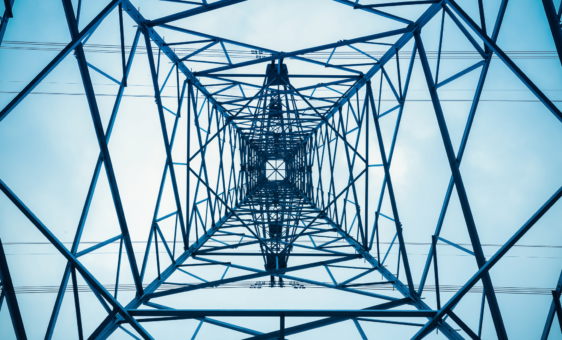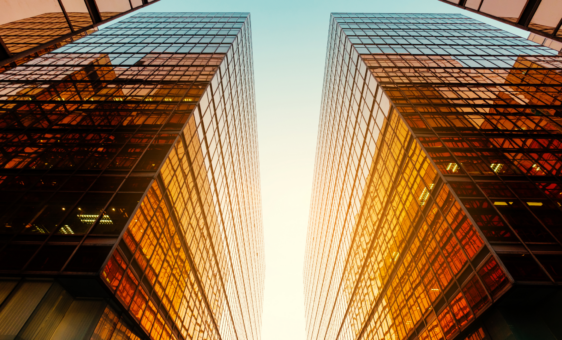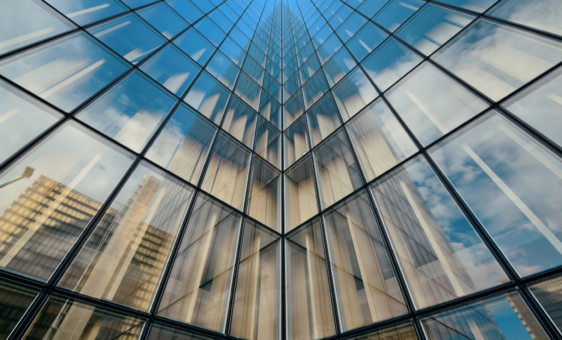For much of the past two years, China had an enviable record of keeping the pandemic at bay with its zero-COVID strategies. Nonetheless, the first half of 2022 saw China succumb to the fast-spreading Omicron variant, with lockdown measures imposed in major manufacturing hubs such as Shanghai, Shenzhen and Dongguan, thereby disrupting the global supply chains and stagnating domestic consumption. Macroeconomic uncertainties are further exacerbated by high-profile defaults of debt-ridden Chinese property developers beginning with Evergrande and Shimao, with analysts forecasting a close to one third default rate in the once-hot Chinese property market. Global factors including US interest rate hikes, the US’s supply chain sanctions on Chinese firms, and soaring food and energy prices resulting from the Russia-Ukraine war also cast doubt on whether China is fully capable of achieving its unusually modest 5.5% GDP growth target for 2022. Against the backdrop of external and internal challenges, China remains committed to the new development philosophy embodying the resounding themes of “innovative, coordinated, green, open and shared growth”.
At a senior leadership meeting in June 2022, Chinese President Xi Jinping (President Xi) approved a plan for the healthy development of mobile payments and financial technology platforms, striving to step up the supervision of such platforms to prevent systemic financial risks while encouraging platform operators to play a bigger role in supporting the Chinese economy. This softened official stance towards the financial technology industry appears to represent a retreat from regulatory crackdowns starting with the Chinese authorities abruptly pulling the plug on Ant Group’s plan for dual listing in Hong Kong and Shanghai which was poised to be the world’s largest IPO in late 2020 and, most recently, with Didi delisting from the New York Stock Exchange over data security concerns. The expected central bank approval of Ant Group’s IPO revival coincides with the looming financial woes of the Chinese real estate market and is the latest sign of China’s attempt to capitalise on the once-thriving financial technology industry to hit its ambitious-in-hindsight economic growth target in a significant transitional year for China, with President Xi expected to be re-elected for an unprecedented third term in office.
In an attempt to revive the once-booming real estate market and drive population growth, Chinese authorities strive to provide incentives to drive consumption demand by lowering mortgage rates and providing preferential policies for home purchases for families with two or three children. Analysts remain sceptical of the effectiveness of such policies in reversing the debt crisis of property developers in the short run and preventing the spillover effect from the real estate sector (which accounts for roughly a quarter of China’s GDP) to other sectors in the economy already hit by the latest wave of COVID restrictions. It is anticipated that as the Chinese economy emerges from the real estate default crisis, it will no longer be able to employ an economic growth model driven by highly leveraged and speculative real estate and infrastructure projects.
In a virtual keynote speech titled “Keep Abreast of the Trend of the Times to Shape a Bright Future”, delivered by President Xi in the opening ceremony of the BRICS Business Forum in June 2022, President Xi addressed the choices of the times amidst the global economy’s recovery from major setbacks posed by drastic changes and a pandemic unseen in a century. President Xi emphasised the need to “embrace solidarity and coordination and jointly maintain world peace”, “jointly promote sustainable development” and “jointly pursue win-win cooperation” at this critical juncture in order to forestall a global economic crisis. He further reiterated China’s commitment to the new development philosophy focusing on achieving high-quality development and condemned the politicising of the global economy and the “wilful imposition” of sanctions by major developed countries at the expense of themselves and others.
President Xi also hosted the High-level Dialogue on Global Development to steer global development into a new era to deliver benefits for all; President Xi reiterated China’s commitment to spearheading a global development paradigm characterised by “benefits for all, coordination, inclusiveness, win-win cooperation and common prosperity” by giving continued support to the 2030 Agenda for Sustainable Development. China will upgrade the South-South Cooperation Assistance Fund to a Global Development and South-South Cooperation Fund, adding USD1 billion to the fund on top of the USD3 billion already committed, and increase input to the UN Peace and Development Trust Fund. President Xi also expressed China’s willingness to work with all sides on global issues including poverty reduction and eradication, sustainable development, vaccine distribution and innovation, and food production and supply in pursuit of global prosperity.
China’s diplomatic stance on steering clear from the old Cold War mentality amidst escalating tensions in Sino-US relations and pioneering a new stage of balanced, coordinated and inclusive growth echo the long-established concept of China’s Peaceful Rise coined by former Chinese President Hu Jintao. Going further than his predecessor, President Xi recognises China’s responsibility in global development and peace in the face of thorny challenges including the COVID-19 pandemic and regional conflicts. In fact, China’s solid promise is reminiscent of the 14-point basic policy underlying Xi Jinping thought on Socialism with Chinese Characteristics for a New Era (Xi Jinping Thought) which, among others, emphasises the importance of taking a people-centric approach for the public interest and establishing a common destiny between the Chinese people and other peoples around the world in a peaceful international environment, with the underlying theme being the absolute leadership of the Communist Party of China. From the Belt and Road Initiative and vaccine diplomacy to its recent commitment to advancing global prosperity, China seeks to prove by example that the liberal world order led by the US is not the only viable world order conducive to global development. It remains to be seen whether Xi Jinping Thought can play a centre stage role in the new world order.
On its path towards post-COVID recovery, China is expected to strive to spearhead the new development philosophy with the aims of bolstering social stability, fostering sustainable economic growth, and reinforcing China’s sovereignty and leadership role in the new world order that will provide performance-based state legitimacy to the Communist Party of China as it ushers in the 20th National Congress that will see major shakeups in central leadership and the development roadmap for the next five years.
Locations
Services
Sectors
Banking & Financial Services, Funds & Investment Services, Technology & Innovation, Energy & Natural Resources



